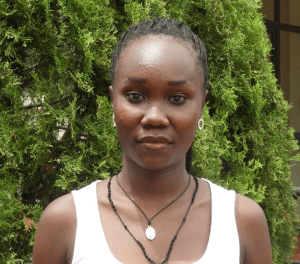Celebrating a golden age of African malaria research
Posted 9
According to the WHO, there were 241 million malaria cases worldwide in 2020, and a vast majority of that disease burden was in Africa where 95% of cases occurred. To overcome this serious public health problem, it is essential that the malaria research community draws on African scientists’ unique experience, knowledge, and expertise to build strategies and tools against this disease.
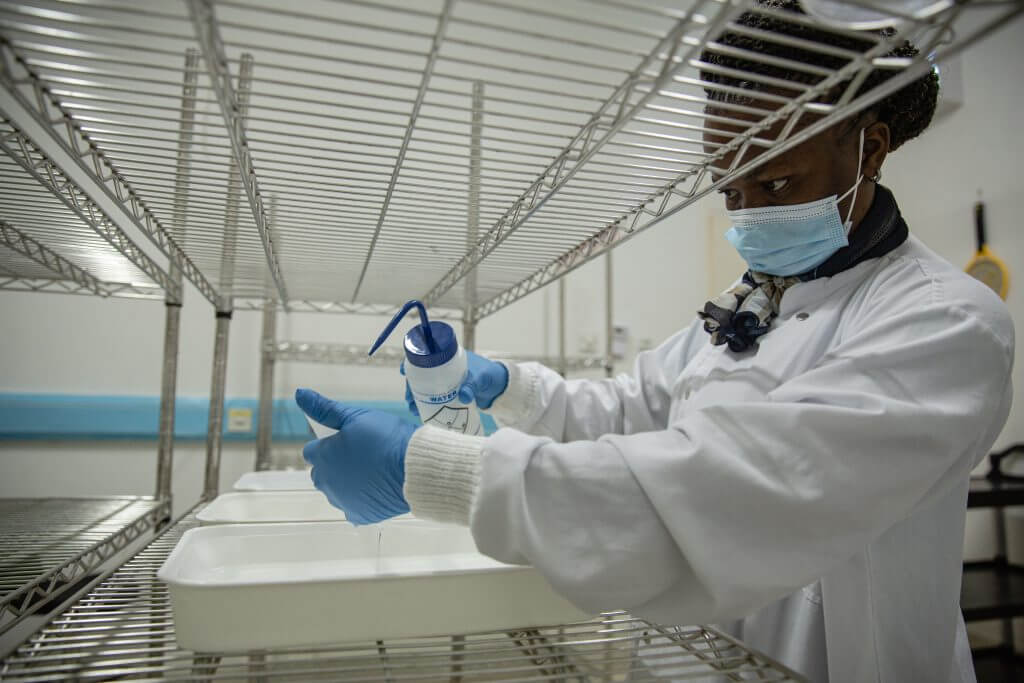
Target Malaria is an international not-for-profit research consortium, with five research teams based in its African partner institutions in Burkina Faso, Ghana, Mali and Uganda. Our teams are doing critical work to develop innovative genetic technologies for malaria control.
Key aspects of our project rely on understanding the mosquitoes that transmit malaria. African research teams’ entomological work has been significant in increasing our knowledge of malaria mosquitoes in our countries of operations. Our teams in Burkina Faso recently published the results from the first ever release of genetically-modified mosquitoes in Africa, equipping the project with knowledge that can only be obtained by scientists working in the affected regions.
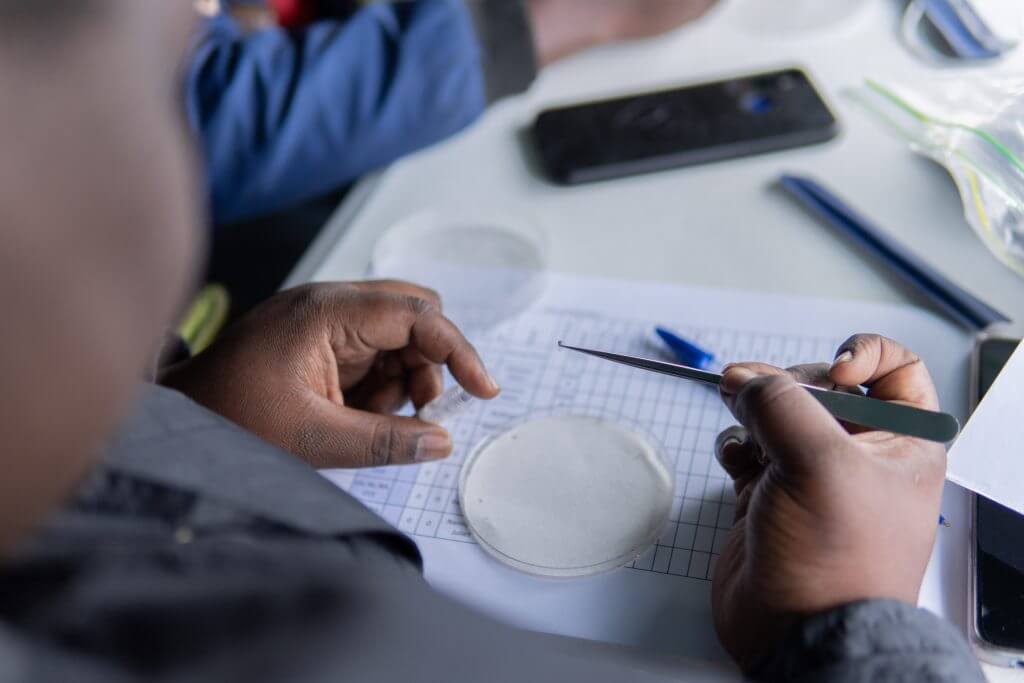
To build trust with the communities in which we operate, our stakeholder engagement teams are developing new tools that are adapted to the local social and cultural norms. Our teams are translating scientific concepts into local languages so our work can be shared with rural communities, and use different communication methods including theatre and radio broadcasts. Knowledge of languages, customs, and traditions is essential in advising the project on engaging with stakeholders and disseminating scientific information.
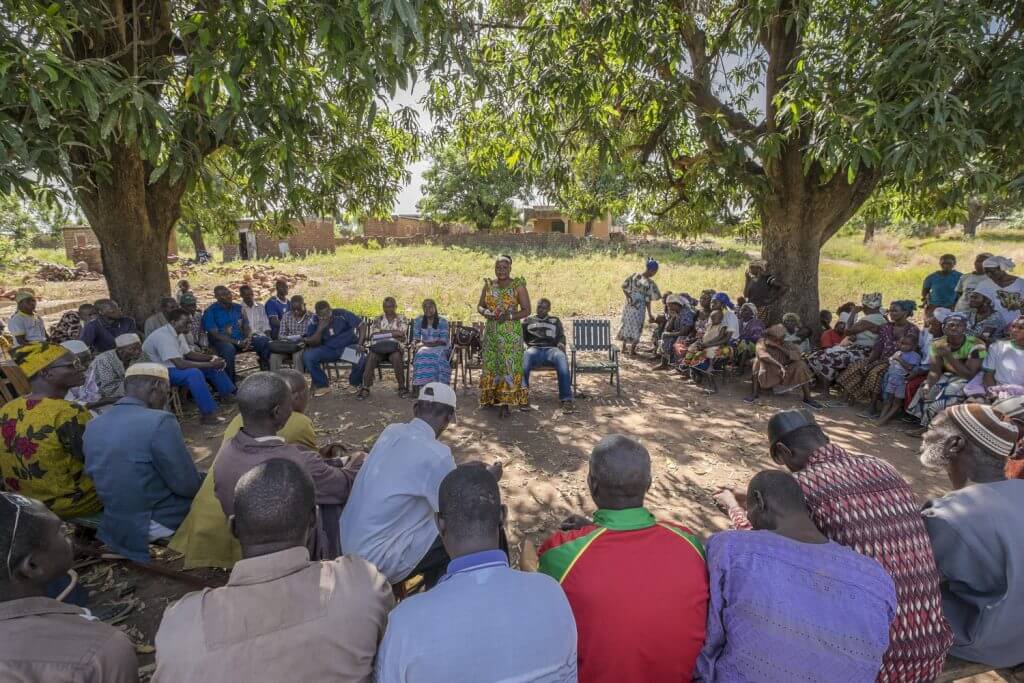
As an international research consortium, our teams across Africa, Europe and North America are collaborating by building, renovating and expanding insectaries so that our scientists have state-of-the art facilities adhering to international standards to conduct their studies on wild type and genetically modified mosquito colonies, following regulatory approval from relevant national authorities.
Together, we are honing our skills in many disciplines: field and medical entomology, modelling, data collection, ecology, biology, anthropology, sociology, risk, regulatory affairs, communications and project management.
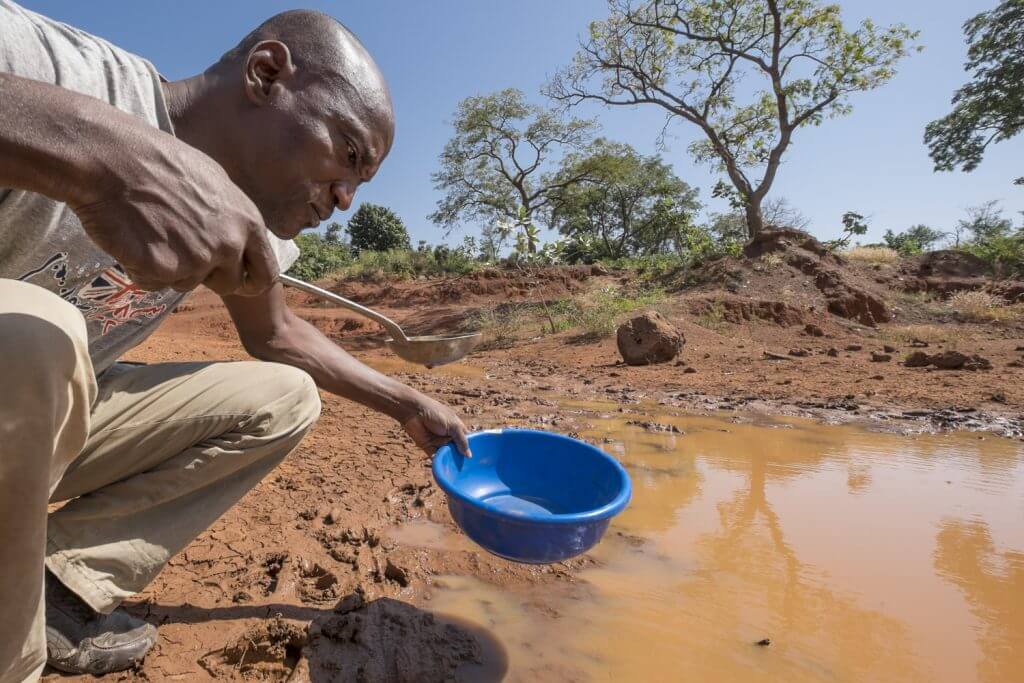
We are also training the next generation of African scientists by providing a learning space for Master’s, PhD and Post-doctoral students in our African partner institutions.
The Institut de Recherche en Sciences de la Santé (IRSS) in Burkina Faso, Africa’s first facility for the study of transgenic mosquitoes has been working with non gene drive genetically modified mosquitoes since 2016 and the Malaria Research and Training Center in Mali since 2017. The Uganda Virus Research Institute (UVRI) inaugurated its new insectary in 2019 and Ghana is expected to inaugurate this this year.
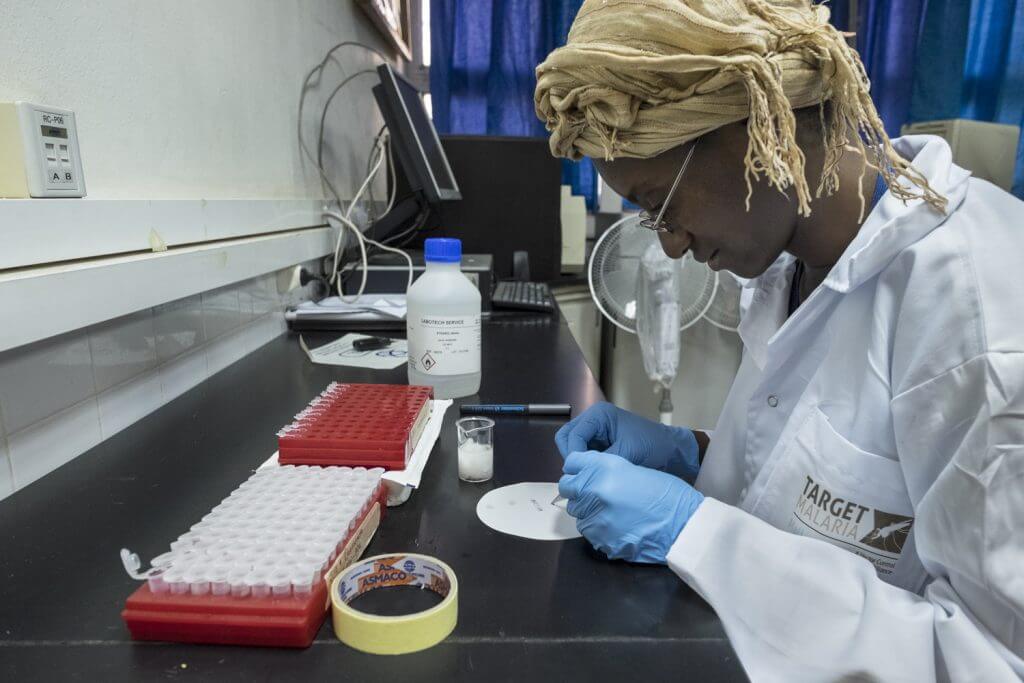
Target Malaria’s teams in Africa are building on the growing impact of African research that is contributing to the hope that our world might one day be free of malaria.
An arsenal of new tools and innovations are essential to stay ahead of the malaria mosquito and parasite. African teams’ research has been crucial to the development of malaria vaccines like RTS,S and R21/Matrix-M, and especially in designing and undertaking trials prior to approval. The West African Network for Clinical Trials of Antimalarial Drugs and the African institutions leading trials are pivotal in potentially bringing new malaria drug combinations from development to approval and production.
Malaria research in Africa has never been as impactful and hopeful as it is now. African scientists must continue to receive the recognition and attention on the international stage as they help make malaria history.
